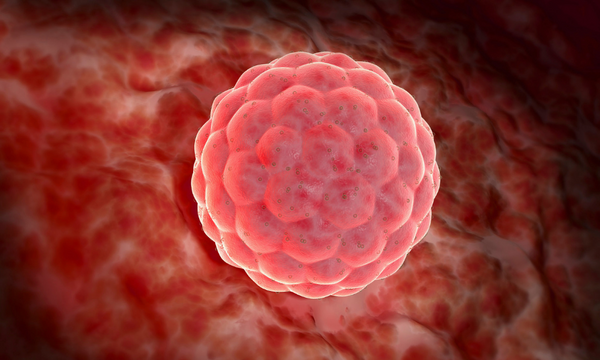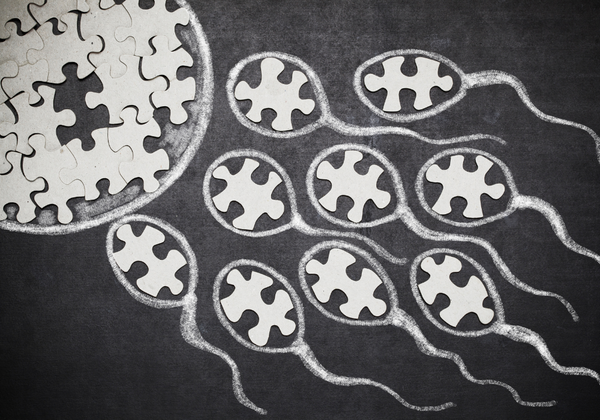
Article
Article
Posted on
Exploring the Impact of Magnesium on Conception
When discussing fertility and conception, various factors come into play, including diet, lifestyle, and overall health. One crucial mineral that often gets overlooked in this conversation is magnesium. Magnesium plays a vital role in numerous bodily functions, including reproductive health.
Research suggests that magnesium deficiency may be linked to fertility issues in both men and women. In women, magnesium deficiency can affect ovulation, hormone balance, and the menstrual cycle. In men, it may impact sperm quality and motility.
When it comes to choosing a magnesium supplement to support fertility, not all forms are created equal. Some of the best forms of magnesium for boosting fertility include:
Consulting with a healthcare professional is recommended before starting any new supplement regimen, especially during pregnancy or while trying to conceive.
For couples undergoing in vitro fertilisation (IVF), magnesium supplementation may offer additional benefits. Studies have shown that magnesium can help improve embryo implantation rates and may reduce the risk of complications during IVF procedures.
However, it's essential to discuss magnesium supplementation with your fertility specialist to ensure it aligns with your treatment plan.
Incorporating magnesium into your fertility journey can be a wise decision. Whether you're trying to conceive naturally or undergoing fertility treatments like IVF, magnesium may play a crucial role in supporting reproductive health.
Remember to choose high-quality magnesium supplements and consult with a healthcare professional to determine the best approach for your individual needs.

Article

Article

Article